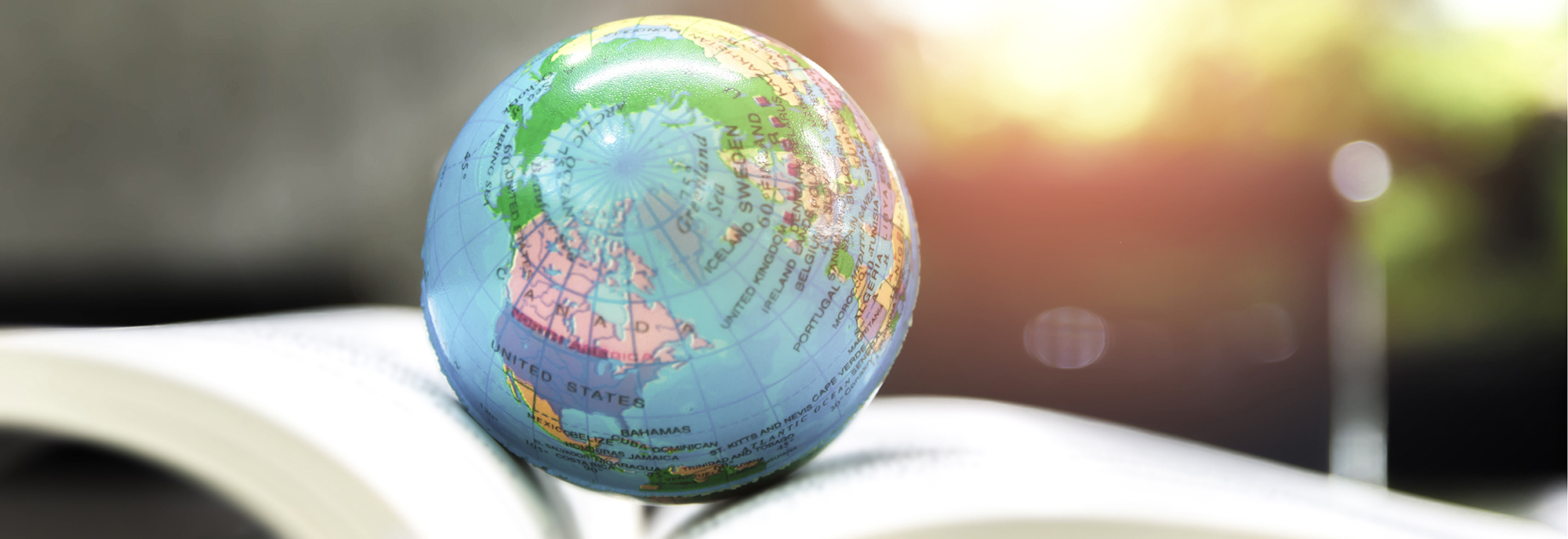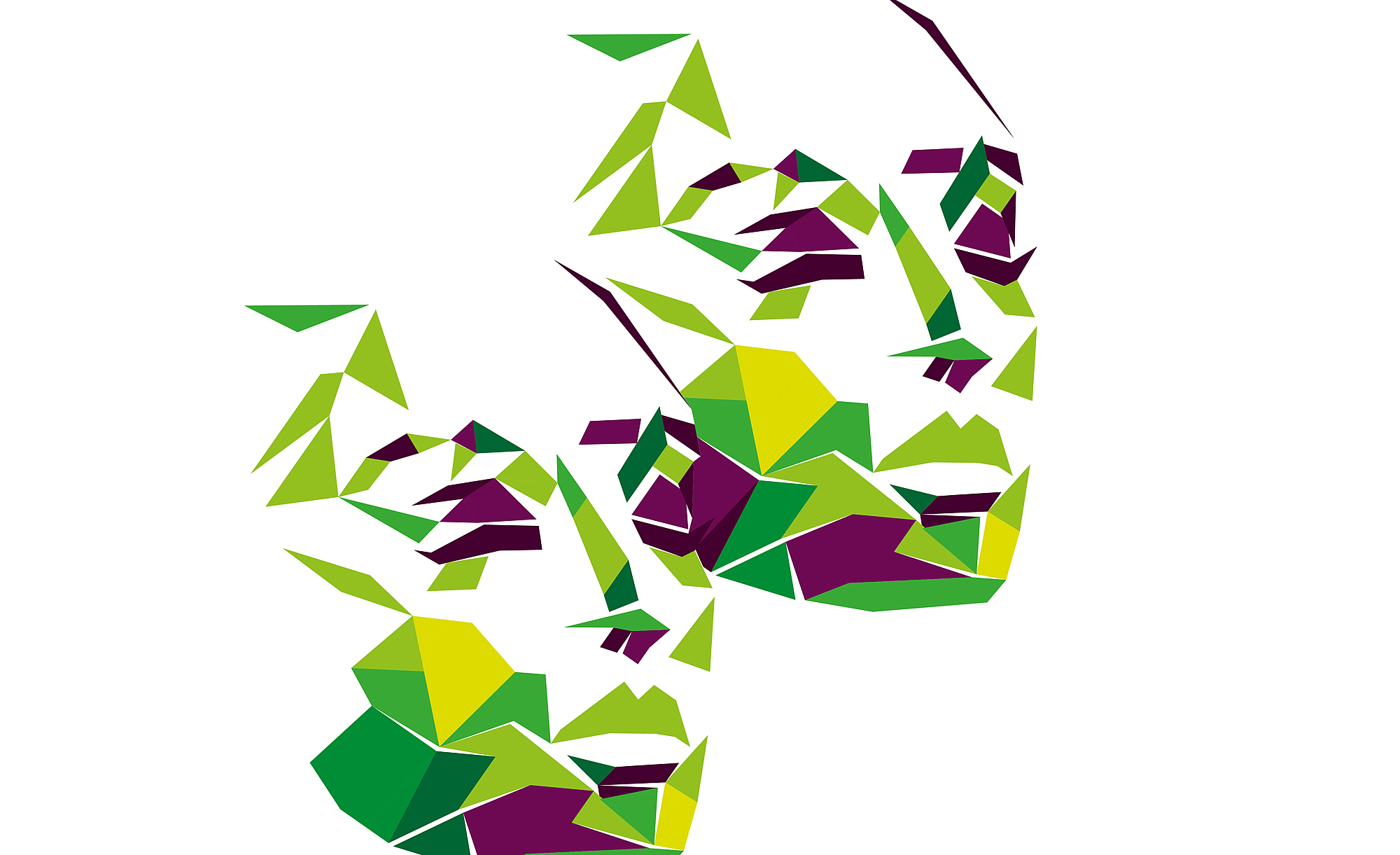Directly to: → Latest news | → International office | → Internationalisation strategy
-
-
Mission statements and history
-
University management and administration
-
Professors | Teachers
-
Officers
-
Structure Working Group
-
Departments and Faculties
-
Centres and networks
-
Committees and elections
-
Dates and deadlines
-
Successes of students
-
Alumni Lisztiani
-
Equality and diversity
-
International
-
Research
-
University buildings
-
University library
-
University Archive | Thuringian Music Archive
-
Music High School Schloss Belvedere
-
-
Mission statements and history
-
Committees and elections
-
University buildings
- The University buildings
- Fürstenhaus - Main building
- Hochschulzentrum am Horn
- Klostergebäude Am Palais
- Beethoven House Belvedere
- Bach House Belvedere
- Haydn House Belvedere
- Studio Theatre Belvedere
- The ALTENBURG
- Rößlersches Haus - Administration building
- Kaufstraße - Administration building
- Music High School Schloss Belvedere
-
Studying in Weimar
-
Study abroad
-
-
University management and administration
-
Professors | Teachers
-
Officers
-
Lecturers and assistants
-
Jobs and tenders
-
Legal bases and announcement sheets
-
Dates and deadlines
-
My event
-
Media technology and support
-
Campus
-
Occupational health management
-
ERASMUS+ staff mobility
-
Staff council
-
Security and emergency plans
-
Internal area
-
Sick Note
-
-
Legal bases and announcement sheets
-
Media technology and support
-
Occupational health management
-
Staff council
-
New Liszt Foundation
You are here:
> University of Music FRANZ LISZT Weimar > University > International > International office > International cooperation projects
- Mission statements and history
- University management and administration
- Professors | Teachers
- Officers
- Structure Working Group
- Departments and Faculties
- Centres and networks
- Committees and elections
- Dates and deadlines
- Successes of students
- Alumni Lisztiani
- Equality and diversity
- International
- Research
- University buildings
- The University buildings
- Fürstenhaus - Main building
- Hochschulzentrum am Horn
- Klostergebäude Am Palais
- Beethoven House Belvedere
- Bach House Belvedere
- Haydn House Belvedere
- Studio Theatre Belvedere
- The ALTENBURG
- Rößlersches Haus - Administration building
- Kaufstraße - Administration building
- Music High School Schloss Belvedere
- University library
- University Archive | Thuringian Music Archive
- Music High School Schloss Belvedere

